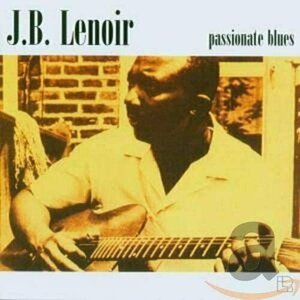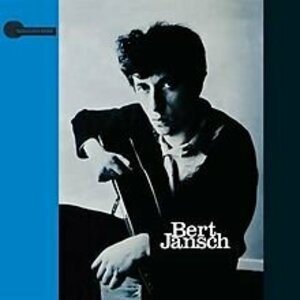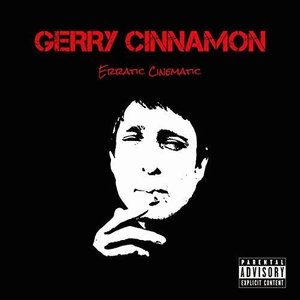
Erratic cinematic by Gerry Cinnamon
Album
Hailing from Castlemilk, Glasgow, Gerry Cinnamon is a Scottish acoustic blues singer and songwriter....
blues folk Glasgow Scotland acoustic Singer
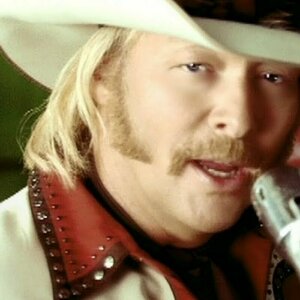
Country Music - Topic
YouTube Channel
Country music, also known as country and western, and hillbilly music, is a genre of popular music...
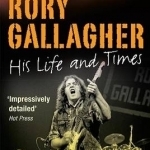
Rory Gallagher: His Life and Times
Book
Rory Gallagher is a hero and icon of rock music. He inspired guitar players from The Edge to Johnny...
Mojo Hand: The Life and Music of Lightnin' Hopkins
Timothy J. O'Brien and David Ensminger
Book
In a career that took him from the cotton fields of East Texas to the concert stage at Carnegie Hall...
Ian Anderson recommended Alabama Blues/Passionate Blues by JB Lenoir in Music (curated)
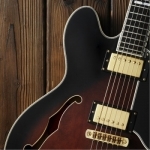
Learn to Play Guitar - Guitar Lessons For Beginners
Music and Entertainment
App
*SALE* Guitar Lessons App Special Offer. 50% Off For The Next 72 Hours. Buy Now Before Price Goes...
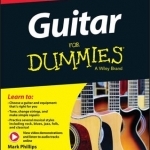
Guitar For Dummies
Jon Chappell, Mark Phillips and Hal Leonard Corporation
Book
Guitar For Dummies, 4th Edition (9781119151432) is now being published as Guitar For Dummies, 4th...
Johnny Marr recommended Bert Jansch by Bert Jansch in Music (curated)

Guitar Jam Tracks : Reggae
Music and Entertainment
App
MAKES LEARNING GUITAR FUN Practice jamming, learning scales and soloing to a Reggae jam track in...

Guitar Jam Tracks - Scale Trainer & Practice Buddy
Music and Education
App
Learn guitar scales FAST with the #1 practice buddy and scale trainer on the App Store, Guitar Jam...

